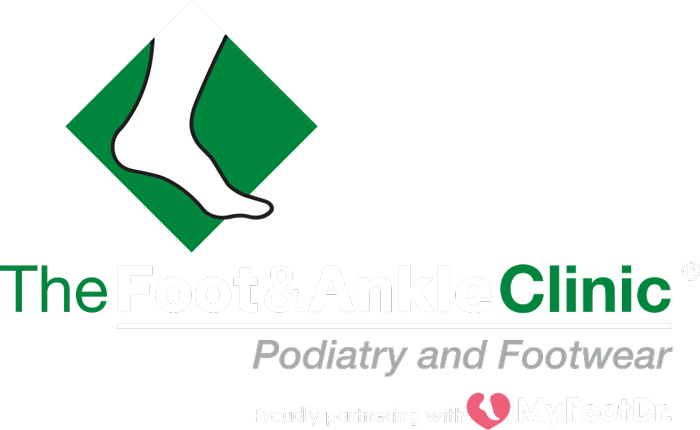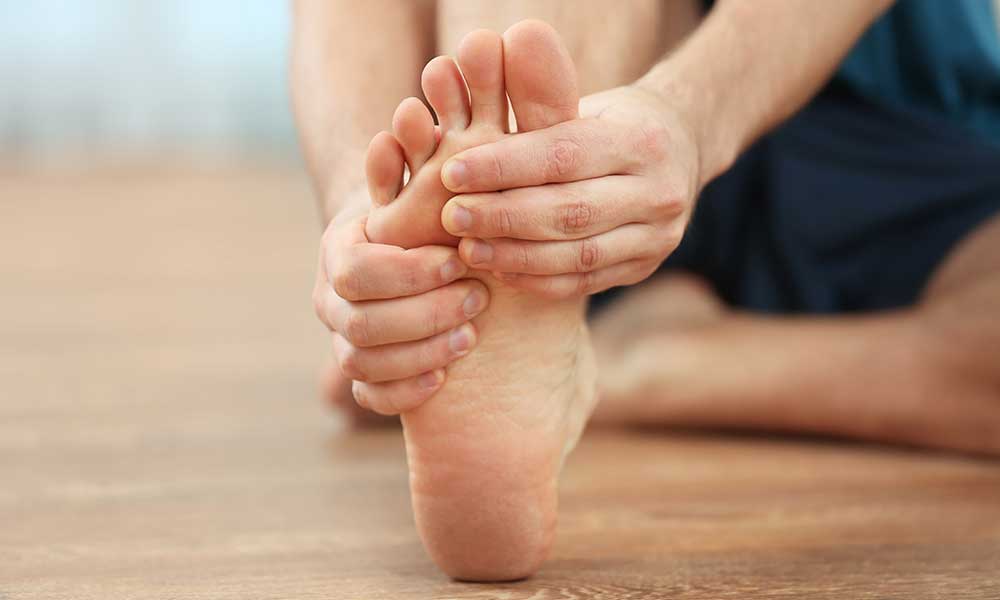Forefoot pain – Metatarsalgia
What is Metatarsalgia?
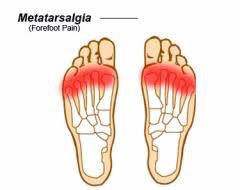
The most common source of Ball of Foot pain is metatarsalgia. Metatarsalgia is a broad term often used by health practitioners to describe pain and inflammation experienced in the forefoot.
You might develop it if you participate in activities that involve running and jumping. There are other causes as well, including foot deformities and shoes that are too tight or too loose.
Overloading of the metatarsals and their surrounding structures due to abnormal leg and foot function is commonly the chief cause of this pain in the foot. The problem can usually be managed by offloading the injured area and improving foot function through the use of soft full length functional foot orthotics, good footwear choices and modification of weight bearing activity that may be stressing the area.
Symptoms of metatarsalgia can include:
- Sharp, aching or burning pain in the ball of your foot — the part of the sole just behind your toes
- Pain that worsens when you stand, run, flex your feet or walk — especially barefoot on a hard surface — and improves when you rest
- Sharp or shooting pain, numbness, or tingling in your toes
- A feeling of having a pebble in your shoe
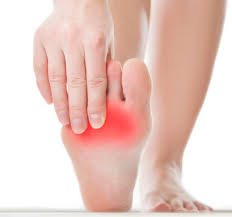
Causes of Metatarsalgia
Sometimes a single factor can lead to metatarsalgia. More often, several factors are involved, including:
- Intense training or activity. Distance runners are at risk of metatarsalgia, primarily because the front of the foot absorbs significant force when a person runs. But anyone who participates in a high-impact sport is at risk, especially if your shoes fit poorly or are worn.
- Certain foot shapes. A high arch can put extra pressure on the metatarsals. So can having a second toe that’s longer than the big toe, which causes more weight than normal to be shifted to the second metatarsal head.
- Foot deformities. Wearing too-small shoes or high heels can cause your foot to be misshapen. A downward-curling toe (hammertoe) and swollen, painful bumps at the base of your big toes (bunions) can cause metatarsalgia.
- Excess weight. Because most of your body weight transfers to your forefoot when you move, extra pounds mean more pressure on your metatarsals. Losing weight might reduce or eliminate symptoms.
- Poorly fitting shoes. High heels, which transfer extra weight to the front of your foot, are a common cause of metatarsalgia in women. Shoes with a narrow toe box or athletic shoes that lack support and padding also can contribute to the problem.
- Stress fractures. Small breaks in the metatarsals or toe bones can be painful and change the way you put weight on your foot.
- Morton’s neuroma. This noncancerous growth of fibrous tissue around a nerve usually occurs between the third and fourth metatarsal heads. It causes symptoms that are similar to metatarsalgia and can also contribute to metatarsal stress.
Metatarsalgia Risks
Almost anyone can develop metatarsalgia, but you’re at higher risk if you:
- Participate in high-impact sports that involve running and jumping
- Wear high heels, shoes that don’t fit properly or shoes with spikes, such as cleats
- Are overweight or obese
- Have other foot problems, including hammertoe and calluses on the bottom of your feet
- Have inflammatory arthritis, such as rheumatoid arthritis or gout
Left untreated, metatarsalgia might lead to pain in other parts of the same or opposite foot and pain elsewhere in the body, such as the lower back or hip, due to limping (altered gait) from foot pain.
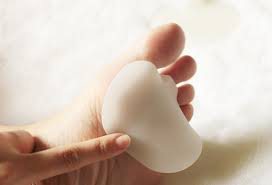
At the Foot and Ankle Clinic our highly qualified team of Podiatrists are all members of the Australian Podiatry Association and offer a combined 50 years’ experience. They are trained to diagnose and effectively treat Metatarsalgia via a range of treatments.
Put your feet in our hands! See us today in Chadstone, Moe, Sale, Traralgon, Warragul & Online Store and Retail Enquiries. NO REFERRAL NEEDED!.
